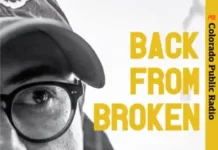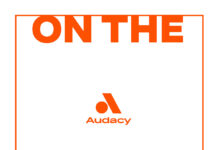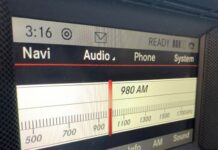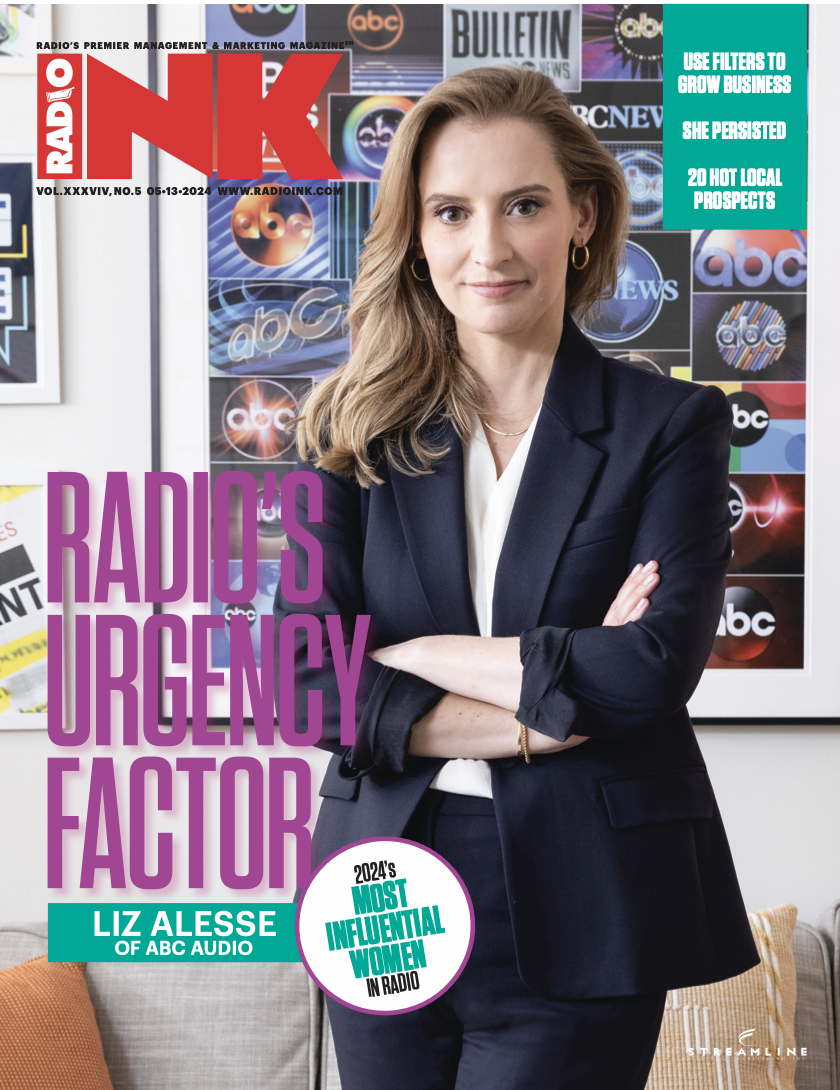
(By Cameron Coats) In a Wednesday op-ed for Variety, SoundExchange CEO Michael Huppe attacked “Big Radio” and the NAB Show in another attempt to sway public opinion for the American Music Fairness Act. It came as a reminder that now isn’t the time for radio to take its eye off the ball.
After a week where the broadcast industry came together to showcase technology, learn from each other, and recognize achievements from the C-Suite to the small town studio, Huppe boiled the NAB Show Centennial down to a celebration of “100 years of representing big broadcasters’ interests in Washington, D.C.” The piece actively tries to turn small broadcasters against larger radio companies, while making claims that the NAB is trying to trick radio stations into feuding with artists.
Amid paragraphs bemoaning how badly radio has been “stiffing hard-working artists”, Huppe contradicts his own message in the opinion, saying, “The reality is that small broadcasters and artists — especially up-and-coming performers — have always enjoyed a close, mutually beneficial relationship.”
The opinion failed to point out the less-than-princely sums paid by music streamers like Spotify and Apple to the vast majority of artists. Huppe also forgot to add that SoundExchange would collect a 4.6% administrative fee off the AMFA royalties of its 650,000 artists, labels, and publishers. Huppe finally compared AMFA fees that small broadcasters would be forced to pay to the cost of NAB Show tickets, as though NAB tickets are exorbitantly priced. Of course, a quick Google search shows a glimpse of how Huppe has had no problem addressing conferences with pass fees much higher than NAB Show (SXSW, A2IM).
This is all to say as radio’s spotlight has turned to shine more brightly on the battle for the dashboard and AM radio lately, pieces like this should remind all radio broadcasters of the nagging presence of the AMFA. To protect local radio, we must give continued focus and support to the passage of the Local Radio Freedom Act.
Cameron Coats is the Online Editor for Radio Ink.








Twenty-five years ago, when the DMCA was passed, small netcasters were told they would only pay a small nominal fee for music. But the size of that fee has increased every three years with every new digital rights deal, putting most small netcasters out of business. That’s the exact same thing small broadcasters will experience if AMFA passes. They all know it, and it’s why the small broadcasters are the ones who oppose AMFA more than the bigger companies.